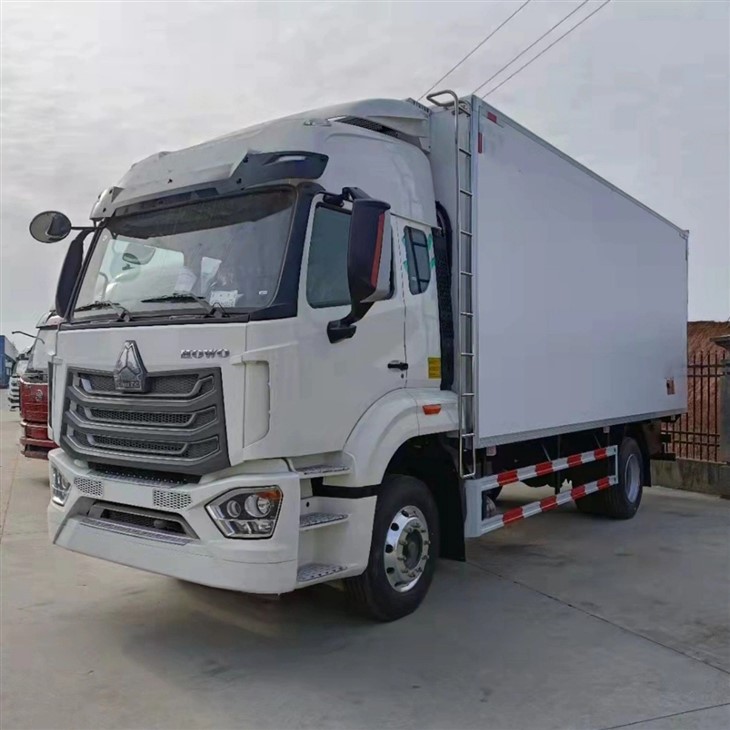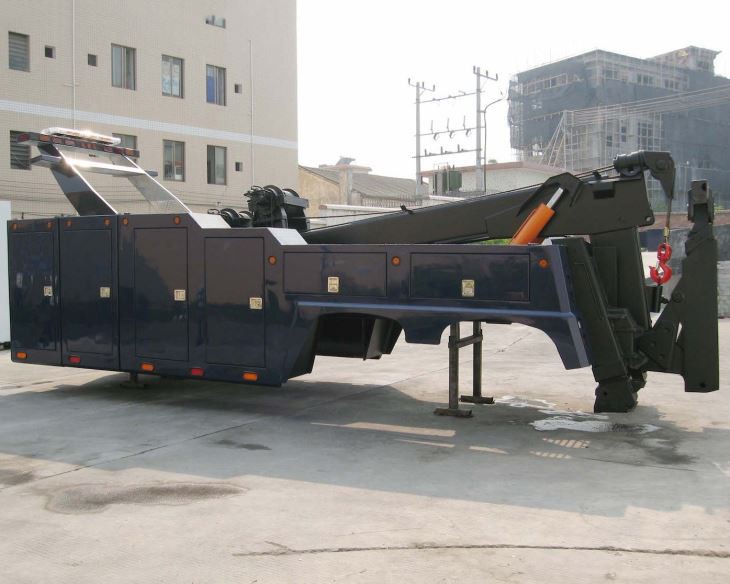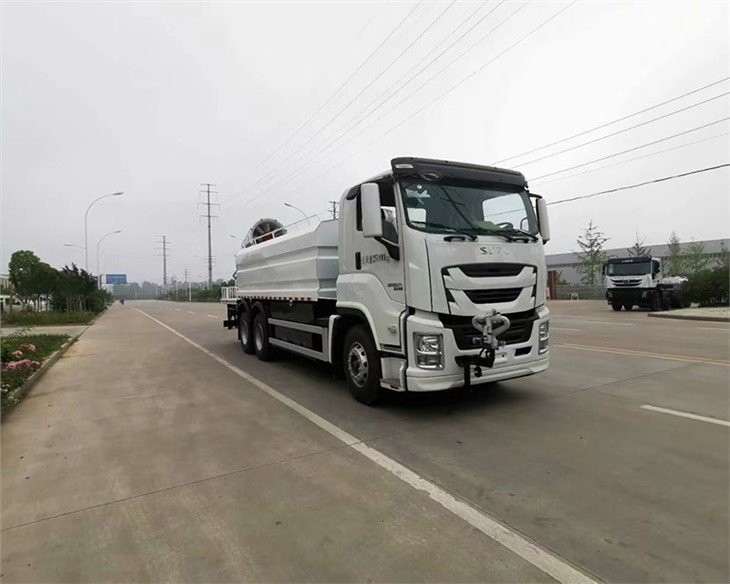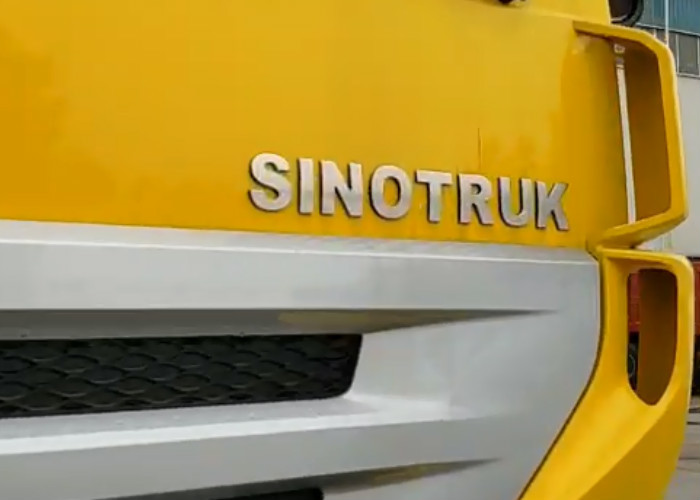Introduction
Roll-off trucks are essential vehicles in the waste management and construction industries. Designed for versatility and efficiency, these trucks can transport various types of waste materials, making them indispensable for demolition projects, renovations, and more. Understanding how roll-off trucks work, their benefits, and practical usage can help you make informed decisions about waste disposal and transportation needs.
What is a Roll-Off Truck?
A roll-off truck is a specialized vehicle equipped with a rolling container that can be “rolled off” or “rolled on” to the truck. This design allows for easy loading and unloading of large containers, making it ideal for handling bulky materials and waste.
Components of a Roll-Off Truck
Roll-off trucks consist of several key components:
| Component | Description |
|---|---|
| Chassis | The base structure that supports the truck and its components. |
| Hydraulic System | Used to lift and lower the roll-off container. |
| Roll-Off Container | A large, open-top bin used for transporting various materials. |
| Winch System | Helps in securing and releasing the container from the truck. |
How Roll-Off Trucks Work
The operation of a roll-off truck is straightforward:
1. The truck arrives at the site and positions itself next to the container.
2. The hydraulic system engages, raising the front of the container to allow it to roll off.
3. Once the container is in place, it can be filled with waste or materials.
4. Upon completion, the truck returns to the site, using the hydraulic system to lift the container back onto the truck bed for transport.
Advantages of Using Roll-Off Trucks
Roll-off trucks offer numerous benefits that make them a popular choice in various industries.
Efficiency in Waste Management
Roll-off trucks can handle large volumes of waste, which significantly reduces the number of trips needed to transport materials to disposal sites.
Versatility
These trucks are suitable for transporting a wide range of materials, including construction debris, landscaping waste, and even recyclable materials.
Cost-Effective
Using roll-off trucks can lower disposal costs through fewer trips and increased load capacity, saving both time and money.
Safety Features
Modern roll-off trucks come equipped with safety features such as hydraulic brakes and reinforced frames to help protect the driver and the load.
Types of Roll-Off Containers
When choosing a roll-off truck, it’s essential to understand the different types of containers available.
Standard Roll-Off Containers
These are typically open-top containers ranging from 10 to 40 yards in capacity, commonly used for construction and renovation waste.
Compactor Containers
Designed for compacting waste materials, these containers are ideal for locations where space is tight but waste volume is high.
Recycling Containers
These containers are designed specifically for recyclable materials, helping to separate waste streams efficiently.
Choosing the Right Roll-Off Truck
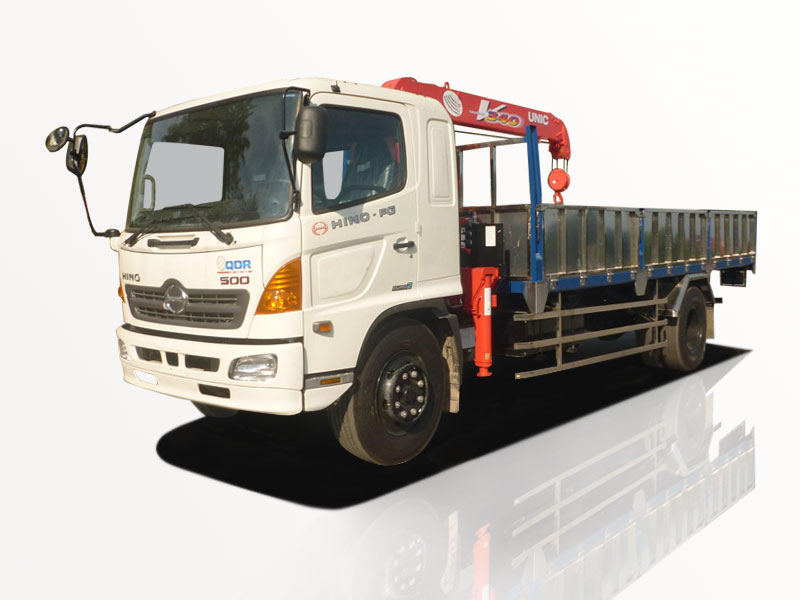
Choosing the right roll-off truck involves several considerations.
Load Capacity
Select a truck based on the weight and volume of the materials you need to transport.
Container Size
Consider the size of the container required for your specific project to ensure efficient waste disposal.
Local Regulations
Check local regulations for waste disposal and ensure your truck complies with all legal requirements.
How to Rent a Roll-Off Truck
Renting a roll-off truck can simplify your project and help manage waste.
Steps for Renting
1. Determine your needs: Assess the type and quantity of materials you will be disposing of.
2. Research local rental companies: Compare prices, availability, and terms.
3. Schedule delivery: Ensure that the truck can be delivered on time when you need it.
4. Follow load guidelines: Abide by weight limits and other restrictions provided by the rental company.
Tips for Reducing Costs
– Compare prices from multiple companies to find the best deal.
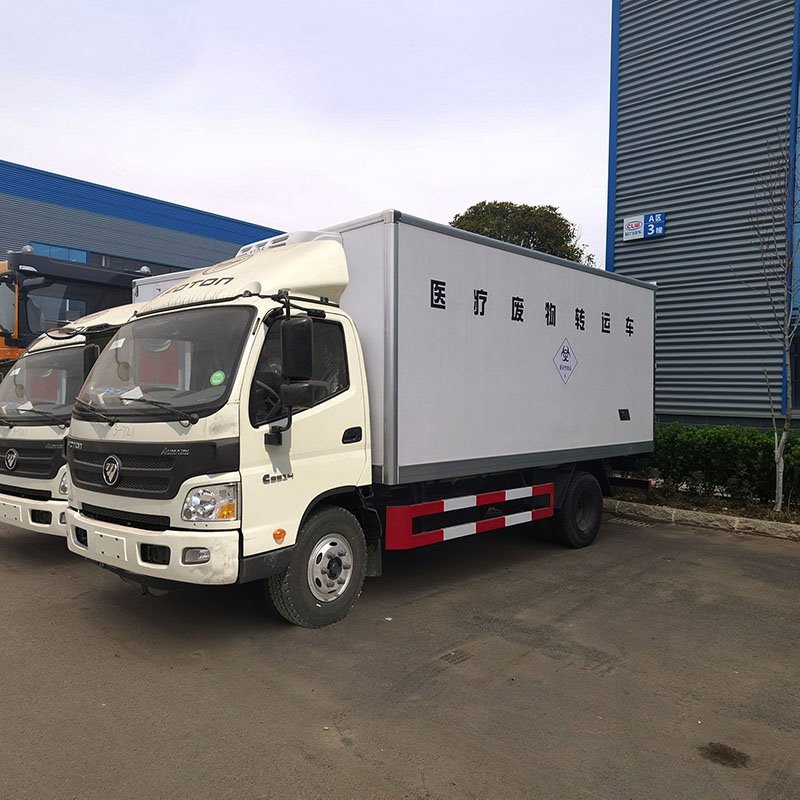
– Plan your waste removal strategy in advance to avoid unnecessary rental extensions.
– Fill the container to its maximum capacity to maximize value.
Common Uses for Roll-Off Trucks
Roll-off trucks serve various purposes across different industries.
Construction and Renovation
These trucks are commonly used to dispose of construction debris, including wood, metal, and concrete.
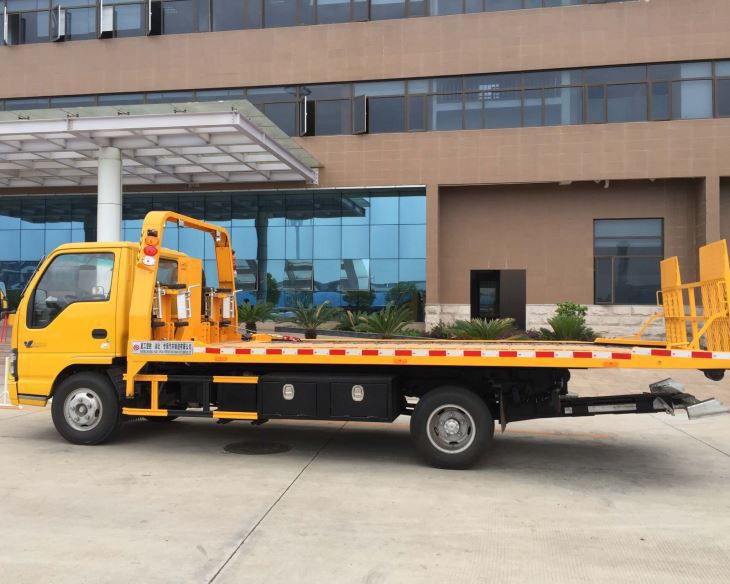
Landscaping Projects
For large landscaping jobs, roll-off trucks facilitate the removal of branches, soil, and other green waste.
Demolition
In demolition, roll-off trucks are essential for removing materials quickly and efficiently.
Maintenance and Care of Roll-Off Trucks
Proper maintenance extends the life of roll-off trucks and ensures safety.
Routine Checks
Regularly inspect the hydraulic system, brakes, and tyres. Schedule maintenance intervals to prevent costly repairs.
Cleaning Procedures
Keep the truck and containers clean to avoid contamination and maintain a professional appearance.
Environmental Impact and Sustainability
Roll-off trucks play a critical role in promoting sustainability in waste management.
Promoting Recycling
By using designated containers for recycling, roll-off trucks help reduce landfill waste and promote recycling initiatives.
Reducing Carbon Footprint
Efficient waste management with roll-off trucks minimizes the number of trips to disposal sites, reducing fuel consumption.
Frequently Asked Questions (FAQs)
1. How much does it cost to rent a roll-off truck?
The cost to rent a roll-off truck varies based on container size, rental duration, and location, typically ranging from $300 to $800 per rental period.
2. What can I put in a roll-off container?
You can put construction debris, yard waste, and some household items into a roll-off container, but hazardous materials are usually prohibited.
3. How long can I keep a roll-off container?
Rental periods vary by company, but generally, you can keep the container for a week to a month, with the possibility of extending the rental.
4. Do I need a permit to rent a roll-off truck?
Depending on your local regulations and where you intend to place the container, you may need a permit. Check with your local authorities for guidelines.
5. Can I load a roll-off container with heavy materials?
Yes, but you must adhere to the weight limits specified by the rental company to avoid overloading the truck.
6. Are roll-off trucks environmentally friendly?
When used correctly, roll-off trucks can support sustainability initiatives by promoting recycling and reducing waste transportation emissions.
